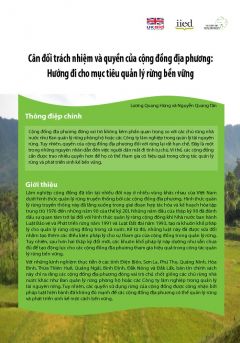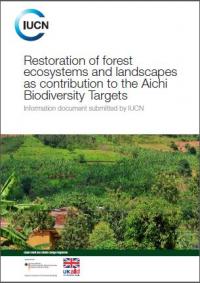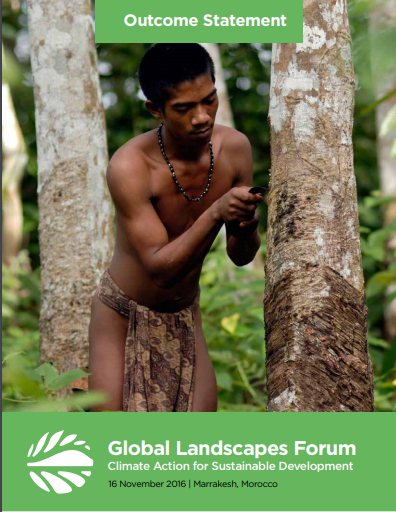Cân đối trách nhiệm và quyền của cộng đồng địa phương: Hướng đi cho mục tiêu quản lý rừng bền vững
Cộng đồng địa phương đóng vai trò không kém phần quan trọng so với các chủ rừng nhà nước như Ban quản lý rừng phòng hộ hoặc các Công ty lâm nghiệp trong quản lý tài nguyên rừng. Tuy nhiên, quyền của cộng đồng địa phương đối với rừng lại rất hạn chế. Đây là một trong những nguyên nhân dẫn đến việc người dân mất đi tính tự chủ. Vì thế, các cộng đồng cần được trao nhiều quyền hơn để họ có thể tham gia có hiệu quả trong công tác quản lý rừng và phát triển sinh kế bền vững.








